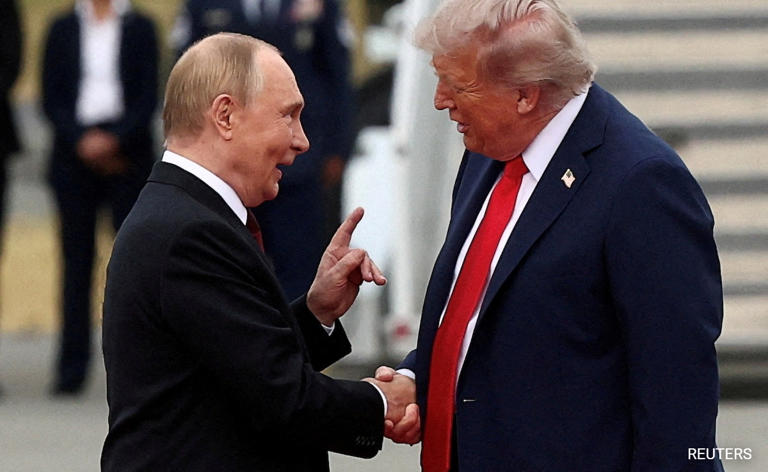Now Reading: US Push for Oil Tariffs Could Shake Russian Economy
-
01
US Push for Oil Tariffs Could Shake Russian Economy
US Push for Oil Tariffs Could Shake Russian Economy

Tensions over global energy trade have intensified as a top US official called for stricter tariffs on countries importing Russian oil. The move aims to curb Russia’s revenue streams amid ongoing geopolitical pressures, urging the European Union to join in applying economic pressure. Analysts warn that a coordinated approach could further strain the Russian economy, potentially tipping it toward a broader financial crisis.
The Rationale Behind Tariffs
The US official emphasized that countries continuing to buy Russian oil undermine international efforts to limit Russia’s economic leverage. Tariffs would act as a deterrent, increasing the cost of imports and forcing nations to reconsider their energy sources. The proposal aligns with broader strategies to weaken financial support for Russia amid global conflicts.
Potential Economic Impact on Russia
Experts suggest that increased tariffs could significantly reduce foreign currency inflows into Russia, affecting key sectors like energy, manufacturing, and exports. Reduced revenue may limit government spending and investment, creating ripple effects across industries dependent on state-backed support. The overall economic slowdown could impact ordinary citizens as well, with inflation and job uncertainty rising.
Global Implications and EU Role
The US has urged the European Union to participate in this coordinated approach, stressing that joint action would amplify the impact. European nations face the challenge of balancing energy needs with international pressure, as reducing reliance on Russian oil may require new sources and infrastructure adjustments. The debate highlights the interconnected nature of global energy and geopolitics.
Conclusion
Calls for additional tariffs on Russian oil mark a significant step in economic pressure tactics, with potential consequences for both Russia and the global energy market. As nations weigh costs and strategic interests, the unfolding scenario underscores the delicate balance between diplomacy, trade, and international sanctions in shaping geopolitical outcomes

























